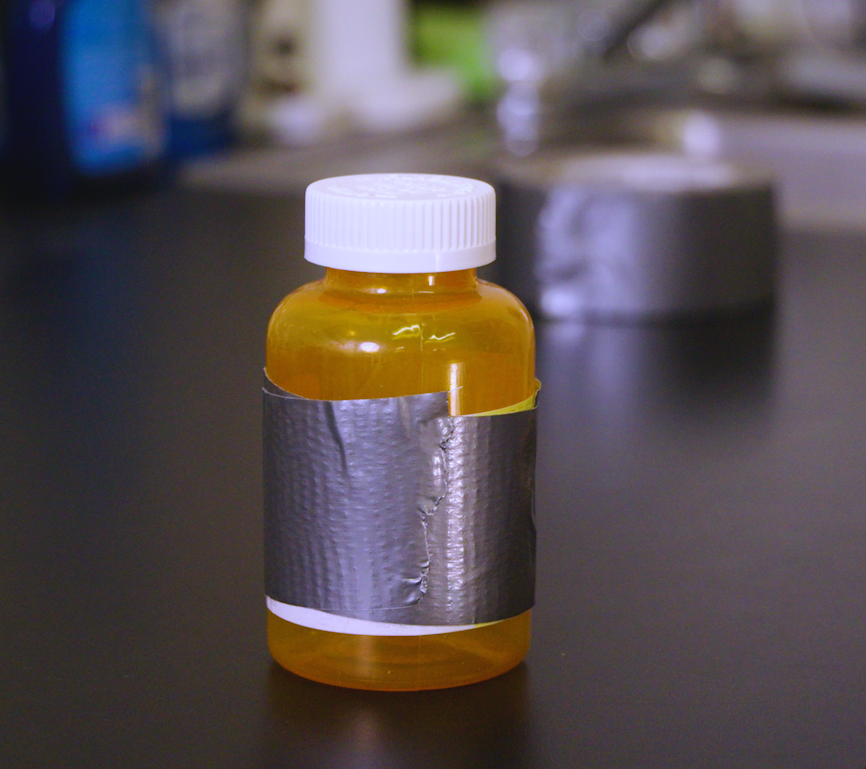Ever come across medications that have expired or you don’t use anymore? Think flushing them down the drain or toilet is the proper way to dispose of those medications? Think again. “I think people think that when you flush something down the drain (it’s) out of sight out of mind. A lot of people don’t realize what actually happens on the downstream end of our wastewater, ” said Dr. A.J. Reisinger, assistant professor with UF/IFAS Soil, Water and Ecosystems Sciences. That’s not the only reason together rid of your unwanted medications. There’s also a safety factor.
It’s important to properly dispose of unused or unwanted medications to prevent ingestion of the medication by either children or pets or other wildlife.”
There are a few ways to dispose of your unwanted or unused medications. The first and probably best option would be to take your unwanted medication to a drug take back event or location. These are often available through local pharmacies or through local law enforcement, either police or sheriff’s offices. Reisinger said this is probably the best way to go about this because either the law enforcement agencies have professionals staffed who know how to dispose of the medications properly or they have contracts with other agencies such as hospitals or other medical facilities who will dispose of the medications they receive from law enforcement.
If your county doesn’t use or offer a drug take back program, you can dispose of the medications yourself. The process is only a few steps.
- First, take your prescription drugs out of their original containers.
- Next, mix the drugs with an undesirable substance such as cat litter or used coffee grounds. Put this mixture into a disposable container with a lid such as an empty margarine tub or into a sealable plastic bag.
- Make sure that you conceal or remove any personal information, including the prescription number from the original prescription containers by covering them with permanent marker or duct tape (see image) or by scratching it off.
- Finally, place, both the sealed container with the drug mixture and the empty drug containers into the trash.

“So these compounds might take a little while to degrade, but typically they will be degraded by bacteria or by fungi or something in the environment,” Reisinger said. “If we shift those wastes, those unwanted medications to a landfill where we kind of know that there’s already contamination and that’s prevented from reaching our natural ecosystems, then that prevents those biological processes, biological responses from happening in our natural water bodies that we’re trying to protect.”
 0
0
